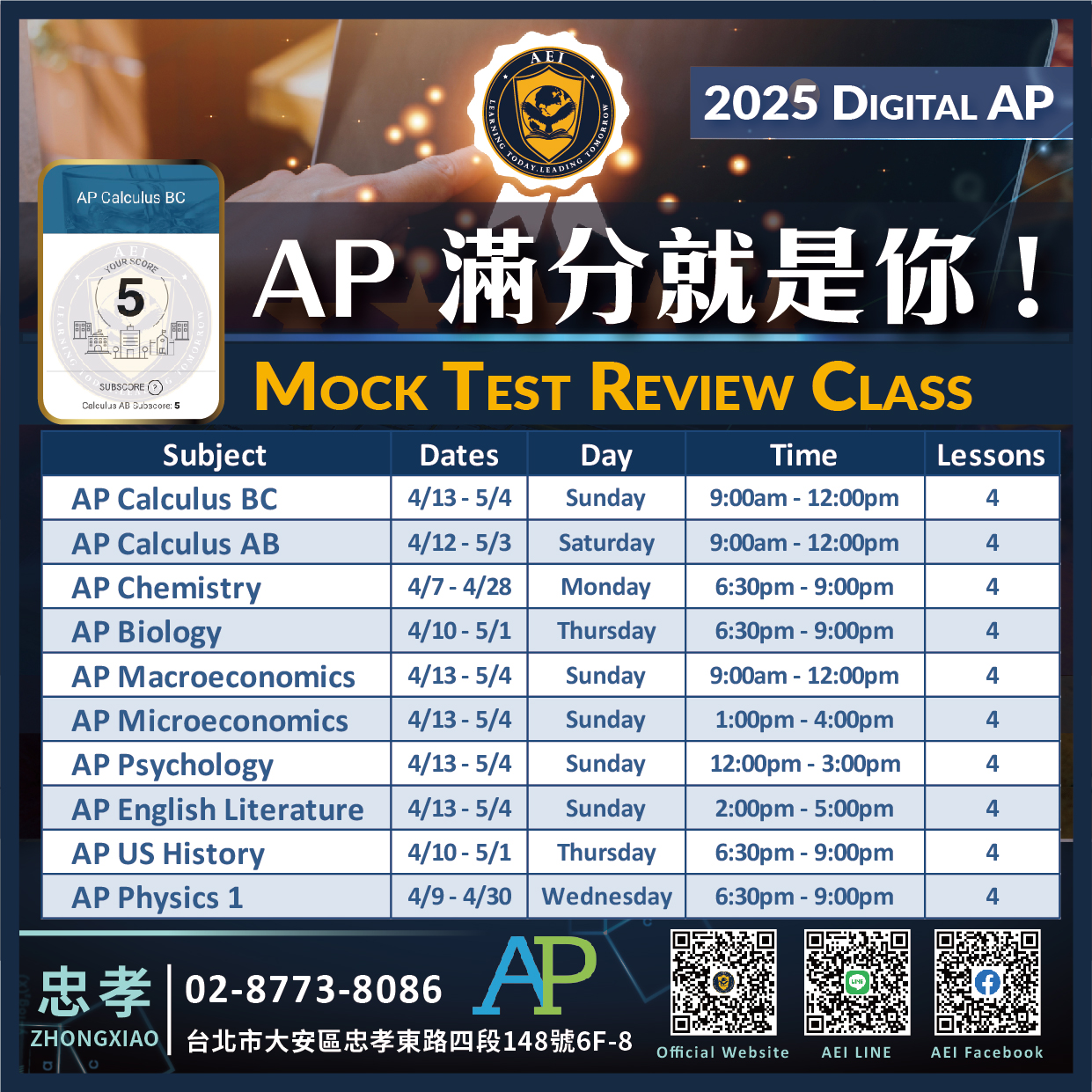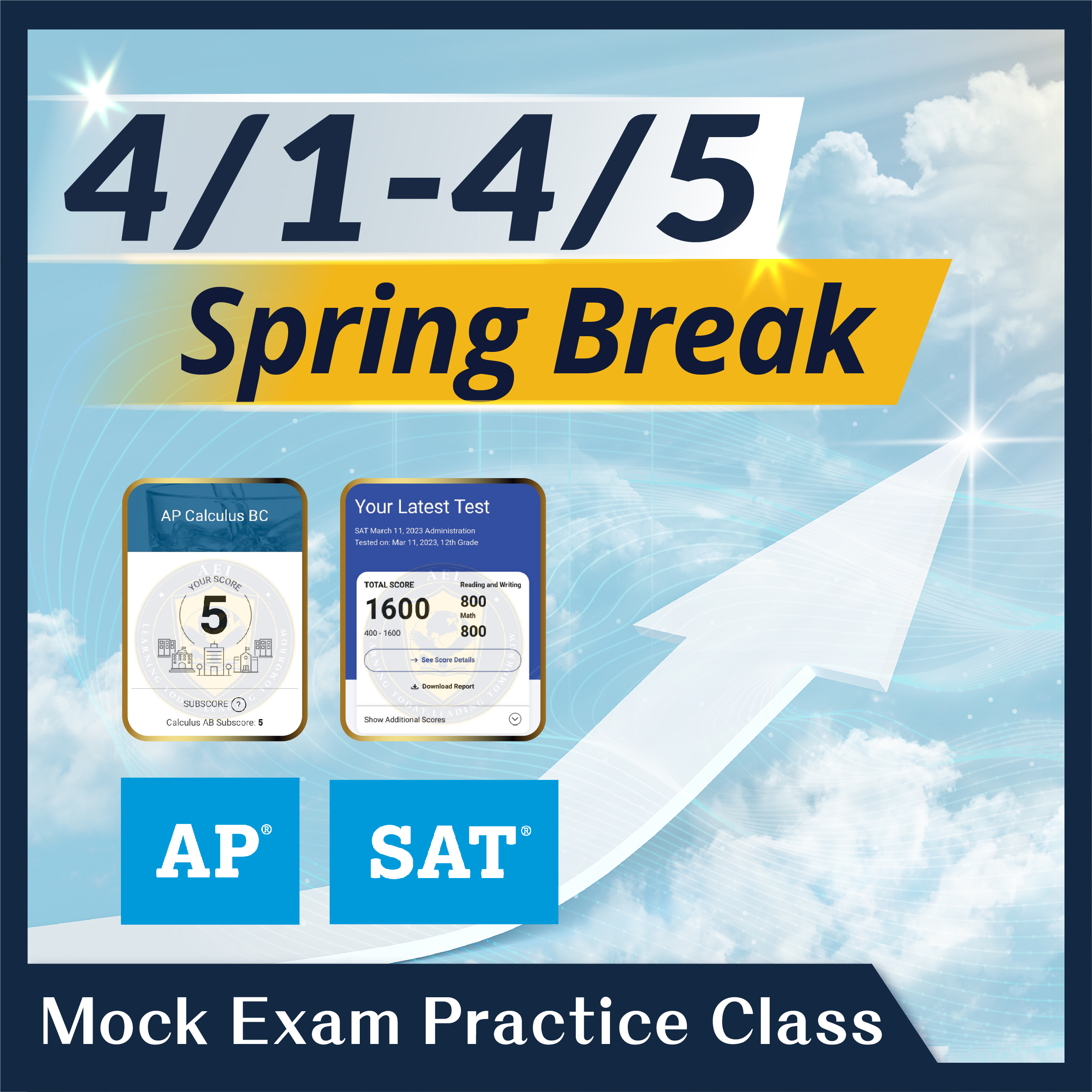
Course Introduction
. Reading/Writing short story reading/writing
Improve comprehension and writing skills by reading short stories and stimulate their creative thinking through fun writing exercises.
-
Reading Comprehension: The course will select short stories suitable for this age group. Students will not only read the text, but also learn how to understand the characters, plot and themes in the story. The focus is on cultivating students' "comprehension" so that they can not only understand the literal meaning, but also understand the emotions and intentions behind the story, thereby deepening their interest in reading.
-
Writing skills and thinking training: Writing is not only the use of words and sentences, but also how to express your ideas in an organized manner. Students will learn how to integrate their own opinions into writing, train the expression of personal opinions and the development of creative thinking, thereby improving the depth of writing.
-
Vocabulary accumulation and application: Through reading, students will be exposed to new words and phrases, helping students understand and use these new vocabulary in writing, thus enhancing their language use ability.
-
Writing exercises: Students will perform diverse writing exercises in class, from simple sentence organization to paragraph development, and gradually learn how to express ideas in a structured way.
Core goals:Build interest in reading and writing, and improve their understanding and expression skills through systematic exercises, allowing them to learn in reading and grow in writing.
Writing classes in middle school are oriented toward academic writing, a genre of writing typically used in academic settings.
It is characterized by a formal tone, clear structure, and the use of evidence to support arguments. Academic writing often involves synthesizing information from multiple sources and formulating a well-reasoned argument or analysis based on that information. It is used to communicate research results and present arguments and perspectives in a concise and clear manner.
-
Classic literature reading: Select classic literary works suitable for middle school students, and let students learn how to understand the themes, character development, narrative techniques and language use of the text through reading and analysis.
-
Academic Writing Skills: Learn how to write formal academic articles, including how to clearly express an argument in an article, use valid evidence to support your ideas, and organize your paper. The course will emphasize how to cite literature, integrate information, and ensure the logical consistency of arguments.
-
Text Analysis: How to deeply analyze themes and symbols in literary works and apply this analysis to their writing. The course trains students to use evidence to support their analysis, such as citing key passages or dialogue from a text.
-
Synthesis of Information from Multiple Sources: The course will also teach students how to synthesize information from multiple sources in writing to provide well-founded analysis or opinions. They will learn how to find common themes across different texts and effectively integrate this information into their own writing.
-
Formal Tone and Clear Structure: Students will learn how to maintain a formal, professional tone and use clear structure in their writing to ensure that the logic and organization of the article meet academic requirements.
Core goals:Establish a solid foundation in academic writing and improve their ability to communicate effectively in an academic environment through the reading and analysis of classic literature.
The Math Preview course for G6-G7 is designed to help students who are about to enter sixth or seventh grade preview the mathematics content of the next school year in advance. This course is designed for the winter break to help students master key concepts before the semester begins and prepare them for the new semester.
-
Preview of mathematical concepts: Learn upcoming mathematical topics in advance, such as fractions, decimals, proportions, basic algebra and geometric concepts, etc., so that students can become familiar with the knowledge points they will be exposed to in the new semester.
-
Problem-solving ability: Through problem-solving exercises, students can improve their logical thinking ability and problem-solving skills, helping them to cope with challenges more easily in actual classrooms.
-
Application and practice: Encourage students to apply the mathematical concepts they have learned to daily life or practical problems to strengthen their understanding.
-
Consolidate the foundation: In addition to previewing new content, the course will also review the key mathematical foundations of the previous grade to ensure that students can confidently handle more difficult mathematical questions in the new semester.
G9's Math Preview course is designed to provide students who are about to enter ninth grade with preview and reinforcement of mathematics courses, helping them master key concepts at the beginning of the new semester and reducing stress during the semester.
-
Extensions of Algebra and Geometry: Ninth grade typically deepens understanding of algebra and geometry, so courses focus on advanced applications of these topics, such as quadratic equations, systems of linear equations, the Pythagorean theorem, and trigonometric ratios, allowing students to Master higher-level concepts ahead of time.
-
Functions and graphics: Functions are an important part of ninth-grade mathematics. The course will cover the drawing and analysis of linear functions, quadratic functions and their graphics, helping students to visually understand the changes and patterns in mathematics.
-
Problem Solving and Application: Train students how to apply the mathematical concepts they have learned to daily life or other subjects, and improve their mathematical application abilities.
-
Consolidating the foundation and practicing in advance: In addition to introducing new concepts, the course will also strengthen students' basic mathematical skills to ensure that they can fluently use algebraic rules and geometric principles, laying a solid foundation for more challenging learning in the future.
-
Tests and Assessments: Weekly quizzes and assignments allow students to instantly test their understanding, consolidate weaknesses in time, and ensure they are fully prepared before formal classes begin.
. Advanced Writing-European Literature
Improve students' writing skills through in-depth reading and analysis of European literary classics, especially designed for students who are about to face AP or IB courses.
This short course will condense the core content of literature and writing and help students make substantial progress within two weeks.
-
Reading and analysis of European literary classics: Select classic European literary works for in-depth reading and analysis to help students understand the themes, symbols and writing techniques in the works.
-
Critical Thinking and Literary Criticism: Students will be trained in how to critically interpret texts and come up with profound analyzes and insights, a skill that is essential for upper-division writing in AP or IB. Class discussions emphasize the historical and social context behind literary works, as well as the author's intent.
-
Academic Writing Skills: The course will emphasize the skills of academic writing, including how to organize arguments, support analysis, and cite literature. Students learn how to write strong literary reviews and analytical essays, skills they will need in future classes or exams.
-
Introduction to Literary Criticism Theory: Basic literary criticism theories, such as formalism, existentialism, or symbolism, help students gain a richer perspective when analyzing works.
-
Advanced Writing Exercises: Students will have the opportunity to complete multiple writing exercises, including literary analysis essays and longer essays. The course will focus on how to effectively structure an essay, express an argument, and use evidence from literary works to support your point of view.
Core goals:Improve students' writing and literary analysis skills in the short term, lay a solid foundation for the senior courses and exams they are about to face, and enable them to deal with complex literary works and writing tasks more confidently.
———————————





